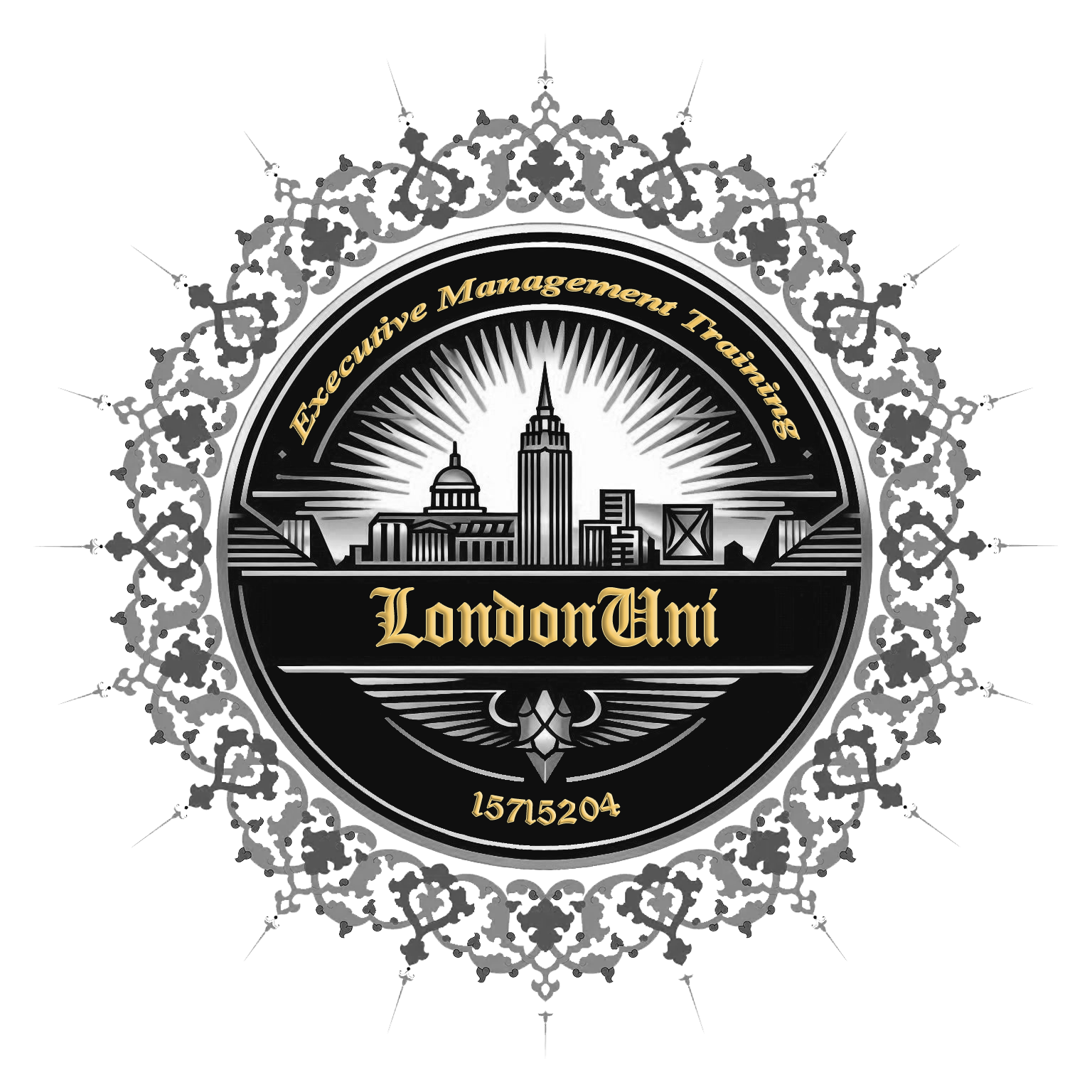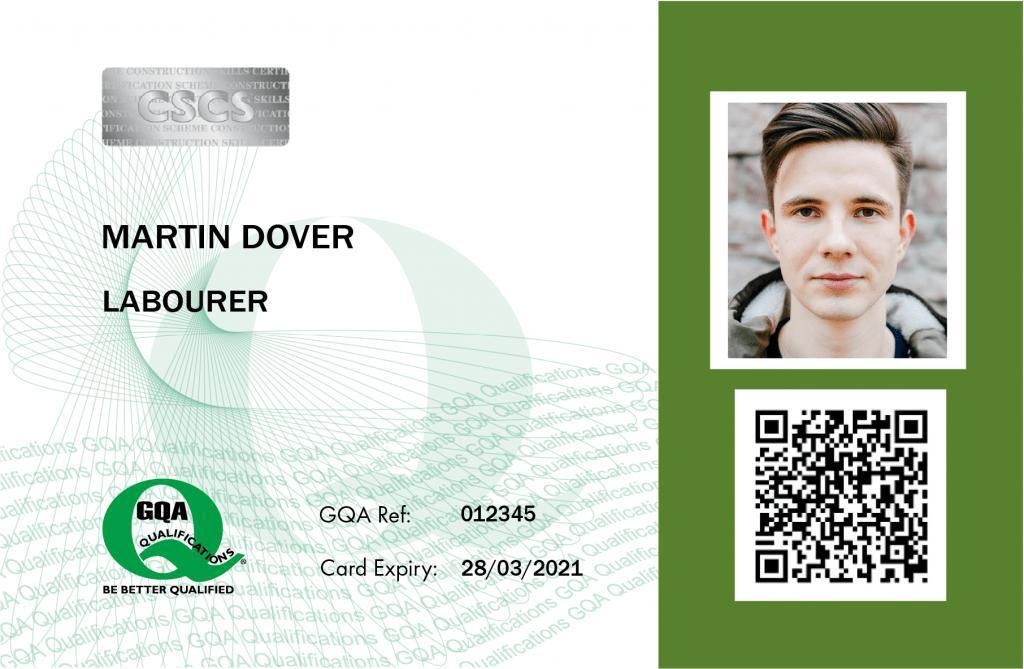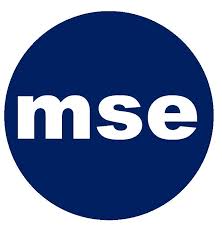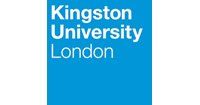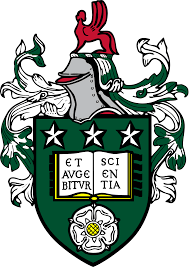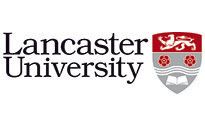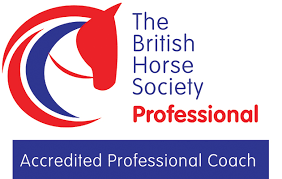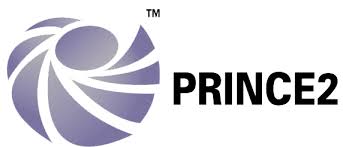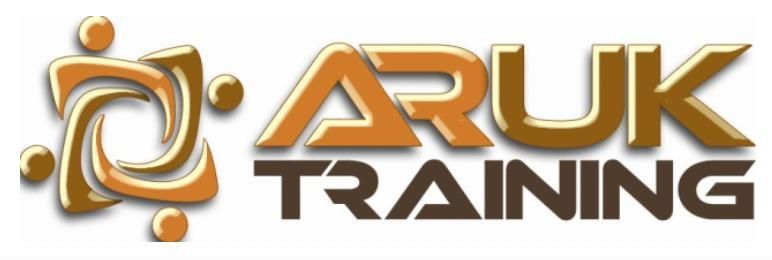Leadership is not merely a position but a dynamic process that influences organizational outcomes, fosters innovation, and drives employee engagement. In an era where businesses face unprecedented levels of disruption and competition, the ability to lead effectively has become a cornerstone of success. This course on "Effective Leaders and High Performance" delves into the principles, practices, and tools necessary for cultivating leadership excellence. By exploring both theoretical frameworks and practical applications, participants will gain insights into how high-performing leaders navigate challenges, inspire teams, and deliver results.
One of the key challenges in leadership today lies in bridging the gap between traditional management approaches and modern demands for agility and emotional intelligence. Research by Goleman (1998) highlights that emotional intelligence accounts for nearly 90% of what sets high-performing leaders apart from their peers. Yet, many professionals struggle to integrate these competencies into their daily routines. This course addresses this gap by equipping participants with actionable strategies to enhance self-awareness, empathy, and adaptability—qualities essential for leading diverse teams in complex environments.
Consider the case of Satya Nadella, CEO of Microsoft, whose transformational leadership style revitalized the company’s culture and market position. By prioritizing collaboration over hierarchy and fostering a growth mindset, Nadella demonstrated how effective leadership can catalyze organizational change. Such examples underscore the importance of aligning leadership behaviors with strategic goals. Through this course, participants will learn to emulate such successes while avoiding common pitfalls like micromanagement or resistance to feedback.
The benefits of mastering the content extend beyond individual career advancement. Organizations led by skilled leaders experience higher employee retention rates, improved productivity, and enhanced innovation. According to Gallup’s State of the Global Workplace report, teams with engaged leaders are 21% more profitable than those without. For individuals, developing leadership acumen opens doors to promotions, greater influence, and personal fulfillment. The course draws upon seminal works such as Kouzes and Posner’s Leadership Challenge Model and Kotter’s Eight-Step Change Model to provide a robust foundation for achieving these outcomes.
Another critical aspect addressed in this course is the evolving nature of work itself. Remote and hybrid work models have redefined team dynamics, requiring leaders to adopt new communication styles and performance metrics. A recent McKinsey study revealed that 70% of employees now prefer flexible working arrangements, yet only 30% feel adequately supported by their managers. By focusing on adaptive leadership techniques, this program ensures participants are prepared to meet these emerging needs head-on.
Ultimately, this course serves as a bridge between theory and practice, empowering participants to translate abstract concepts into tangible actions. Whether you’re aiming to refine your existing skills or embark on a leadership journey, the program offers a comprehensive roadmap for success. Real-world scenarios, interactive exercises, and expert facilitation create an immersive learning experience designed to equip you with the tools needed to thrive in any professional setting.







